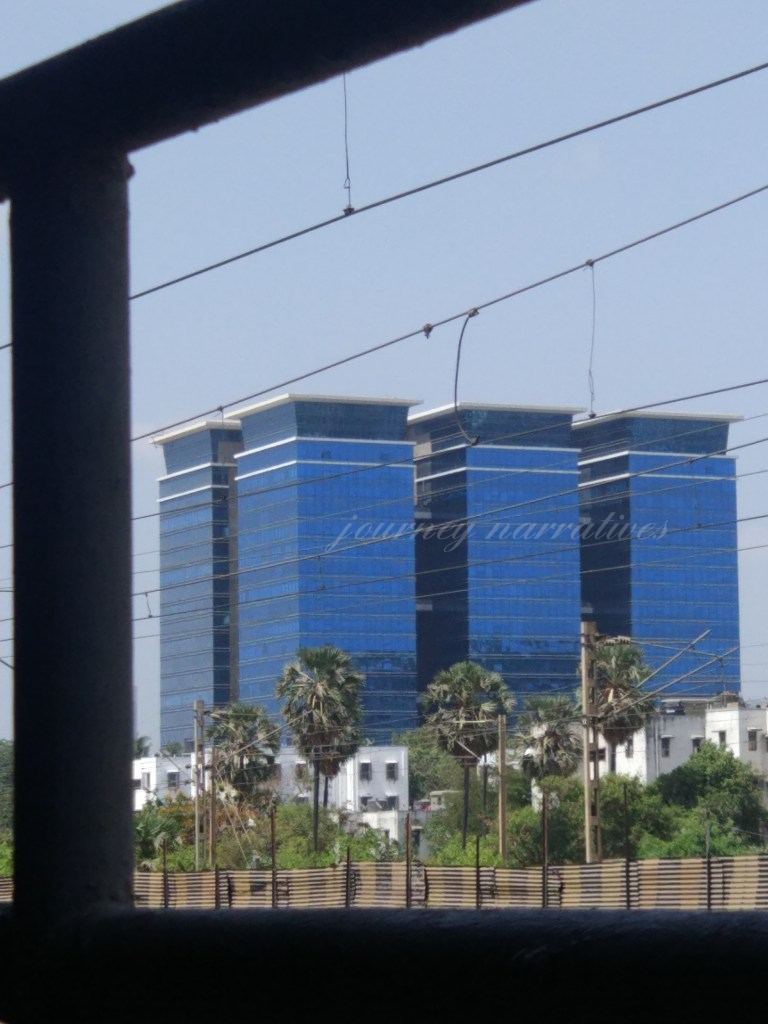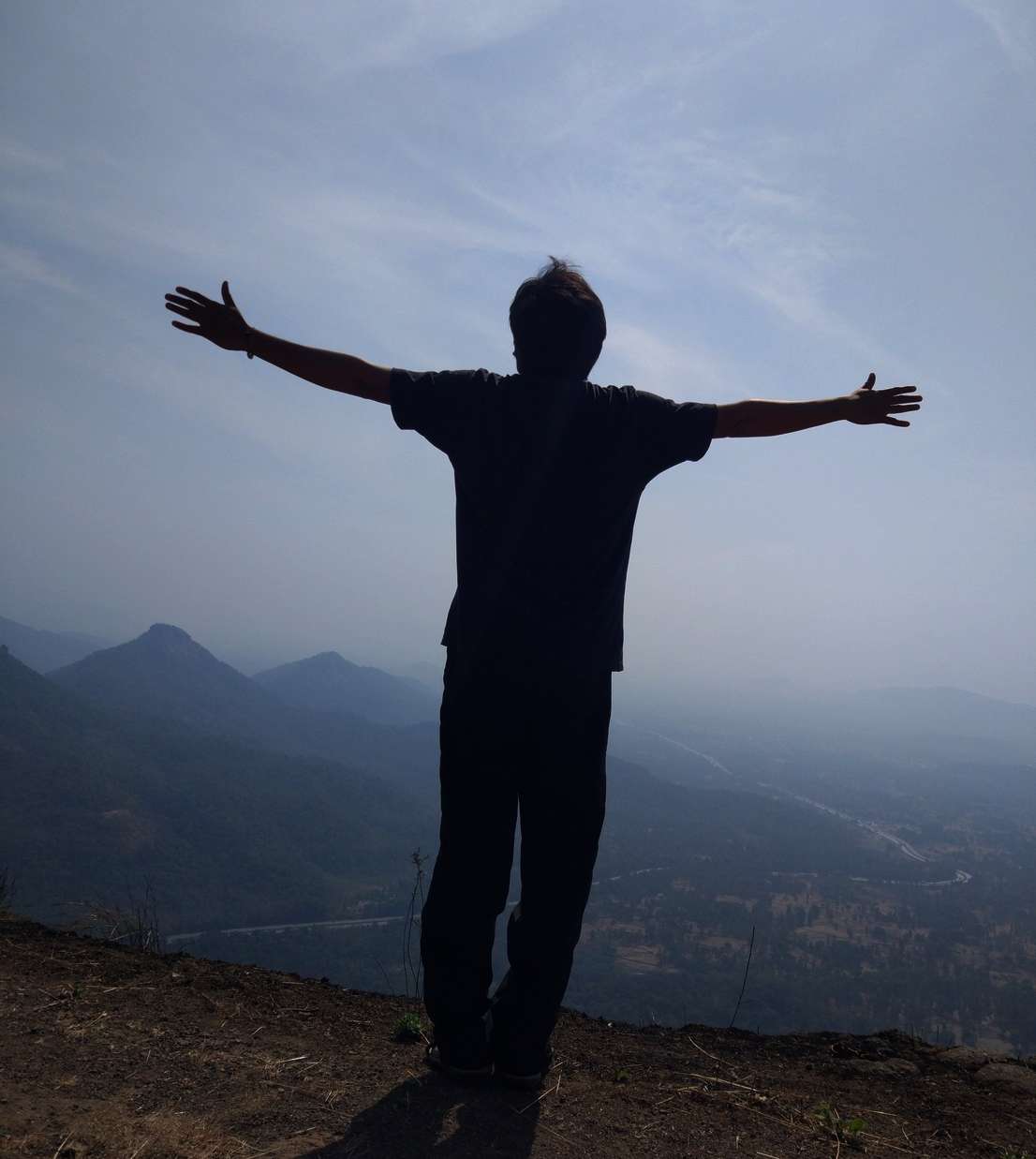Local trains of Mumbai are more than just a mode of transportation — they are the beating heart of the city. Carrying millions of passengers daily, these trains connect every corner of Mumbai, from bustling business hubs to quiet suburban neighborhoods. On my recent journey, I experienced firsthand the energy, diversity, and resilience that make these trains a true lifeline for Mumbaikars.

Table of Contents
🚉 A Brief Overview of Mumbai’s Local Train Network
The Mumbai local train network is among the busiest in the world, with more than 7 million commuters using it every day. Managed by the Western Railway and Central Railway divisions of Indian Railways, these trains cover a vast area, connecting the suburban regions to the city center. The network is divided into three main lines:
- Western Line: Connects Churchgate to Dahisar, running parallel to the Arabian Sea, covering areas like Andheri, Borivali, and Dadar.
- Central Line: Runs from Chhatrapati Shivaji Maharaj Terminus (CSMT) to Kalyan, passing through neighborhoods like Kurla, Ghatkopar, and Mulund.
- Harbour Line: Connects CSMT to Navi Mumbai, covering regions like Vashi and Belapur.
🚇 Types of Trains
The Mumbai local trains are typically categorized into fast and slow trains:
- Fast Trains: These trains stop only at selected stations, making them quicker for long-distance travel. They are perfect for commuters traveling between suburbs and the city center.
- Slow Trains: These stop at every station along the route and are ideal for short-distance commuters. They also have more frequent services, making them a great choice for those traveling short distances.
🌆 The Daily Commuter Experience
The sheer volume of people traveling on Mumbai’s local trains is nothing short of amazing. Whether you’re traveling during rush hour or in the middle of the day, you’ll notice the ever-present crowd. Mumbai’s locals are accustomed to the rush, and the trains are meticulously scheduled to ensure maximum efficiency despite the high number of passengers.
🚶♂️ Boarding the Train
As the train approaches, it’s essential to be aware of the rush. The platforms can get crowded, but Mumbai locals are experts at making their way in and out of trains. People follow an unspoken etiquette when it comes to boarding, such as standing on the designated side of the platform, letting passengers get off before getting on, and avoiding blocking the doorways. For first-time travelers, it may seem like a chaotic experience, but soon you’ll find that there’s an organized system in place.
🚆 Inside the Train
Once you’re inside, the real Mumbai local train experience begins. The trains are often packed, particularly during peak hours, but the atmosphere is surprisingly energetic. The loud chatter, the constant hum of the train’s movement, and the occasional announcements over the intercom create a bustling vibe that reflects the city’s fast-paced nature.
Inside the train, you’ll find different sections:
- General Compartments: These are for regular commuters, and during rush hours, they are typically packed to capacity. It’s not uncommon to see people standing, sometimes leaning against the door for a better grip.
- Ladies’ Compartment: A special section for women, where they can travel safely and comfortably, without the usual overcrowding seen in general compartments.
- First-Class Compartments: These compartments are more spacious and less crowded compared to the general compartments. They are also cleaner and offer a more comfortable ride, though the fare is higher.
🕒 Timeliness and Frequency
One of the things I admired most about Mumbai’s local trains is their punctuality. Trains run with remarkable frequency—during peak hours, a train arrives every 2 to 3 minutes. Even during non-peak hours, you’ll find a train every 5 to 7 minutes. Timeliness is of the essence in this city, and the local train services are designed to cater to the needs of busy commuters.
🚶♀️ The Vibrancy of Local Life
What truly makes the local trains of Mumbai special is the diversity of people you encounter on board. It’s a cross-section of the city’s life: from office workers in formal attire to students, vendors, and even performers. On some trains, you might witness street musicians or train vendors selling snacks, newspapers, and other goods. The interaction between people from different walks of life makes the journey an intriguing experience.
🛒 Trains as Shopping Destinations
On many local trains, especially during the day, you’ll find train vendors selling everything from toys, stationery, and household items to snacks, drinks, and cosmetics. For me, it was fascinating to see how people can buy practically anything while commuting. Many passengers take advantage of this service by picking up a quick snack or other necessities during their train ride.
🌿 Scenic Views from the Train
If you’re not in a rush and can find a window seat, Mumbai’s local trains offer some stunning views. The Western Line passes through the coastline, offering glimpses of the Arabian Sea, especially between Dadar and Churchgate. If you’re traveling along the Harbour Line, you’ll get a fantastic view of the Mangroves and the Navi Mumbai skyline.
During the monsoon season, the landscapes around the Central Line turn lush green, offering a picturesque view of the city’s sprawling suburbs. Traveling by train offers an opportunity to see Mumbai from a different perspective, especially if you’re someone who appreciates urban landscapes and people-watching.
🚍 The Key to Getting Around Mumbai
Local trains of Mumbai are the most affordable, efficient, and quickest way to navigate the city. Whether you’re a tourist or a local, the local train network connects you to nearly every part of the city, from bustling commercial districts to suburban areas. It’s easy to get on and off at major stops such as Bandra, Churchgate, Colaba, Andheri, and Thane, making it the perfect transportation choice.
🎟️ Ticketing and Fares
Buying tickets for the local trains of Mumbai is an easy process. You can either purchase a ticket at the station or use the Mumbai local train app to plan your journey and book tickets digitally. Fares are very affordable, with single-journey tickets costing only a few rupees. For frequent travelers, there are monthly passes available, which offer unlimited rides for a fixed period.
🚇 The Heartbeat of Mumbai
In conclusion, local trains of Mumbai are much more than just a means of transportation—they are an essential part of the city’s identity. Traveling on the local trains gives you an insight into the lives of Mumbaikars, their daily struggles, and their spirit. Whether you’re commuting for work or simply exploring the city, riding the local trains of Mumbai is an experience you cannot miss.
It’s loud, crowded, and often chaotic, but it’s also incredibly efficient, full of life, and truly Mumbai at its heart. If you ever find yourself in this vibrant city, hop on a local train, and take part in the rhythm of the city!






